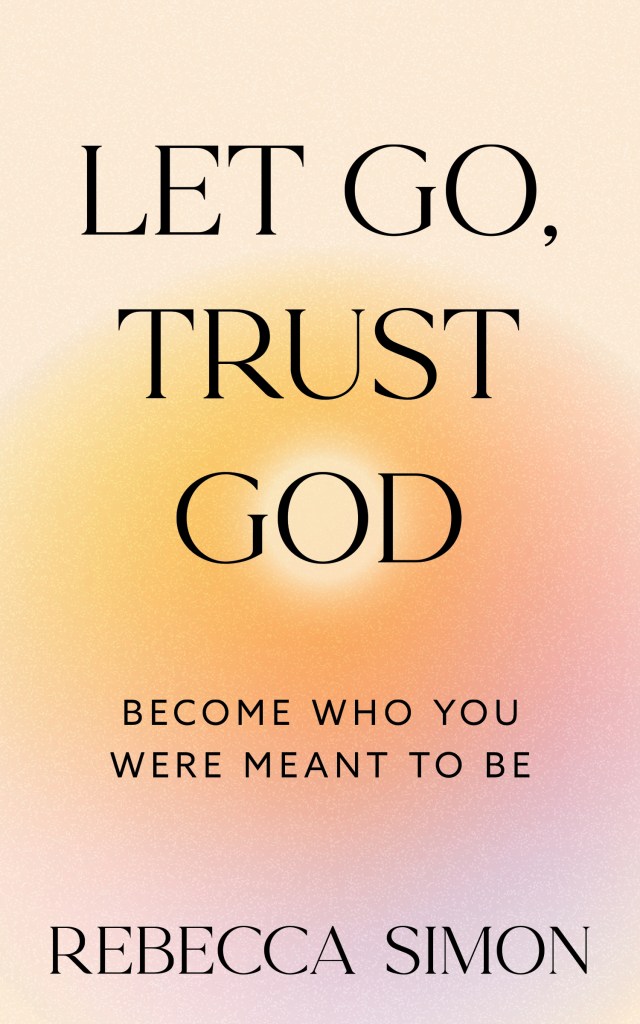“Blessed are those who mourn, for they will be comforted.” — Matthew 5:4
I’d moved through life never glancing back at the wreckage I’d left in the past.
Even worse, I’d shut my eyes to the damage the past had left in me.
Sure, during brief moments in my past, I had tasted sadness and winced at the fleeting sting of loss, yet I always pushed it away and buried it beneath layers of wounded pride.
Remorse? It was for the weak. Real men don’t cry. Tears were a crack in my armor, a sign I could be defeated. Apologies felt like concessions, regrets a waste of energy. Why dwell on what couldn’t be changed? Conceding I’d done anything wrong felt like an admission of failure, and I couldn’t admit any failures. I told myself I was above it, that I could reason the pain away. But the truth is, I cared too much.
One relationship bled into the next, each a sad lesson in never learning my lesson. I didn’t want to sit still long enough to hear the truth. I was evading myself and avoiding the people I’d hurt. I was too proud to admit I’d made mistakes, too afraid to confront the wretched man I’d become. So I kept moving, running, and filling the silence with noise, hoping it would drown out the heartache.
I held onto grudges like trophies, reminders of every slight, every wrong. I told myself that refusing to forgive kept me safe. But it didn’t. It weighed me down. I carried the resentment for years, decades even, until the weight became too much to bear. I didn’t realize then that holding onto pain—mine or theirs—was a special kind of pain. Rather than the fake strength I tried to project, there was a pathetic weakness in pretending I wasn’t causing and feeling pain.
Despite the walls I’d built to protect myself, I found myself imprisoned. And outside those walls, everyone except me could see two blindingly obvious things:
I was hurting.
And I was hurting others.
The mask I’d been wearing my whole life shattered. I cried so hard, I thought I’d literally die from the wrenching force of my sobs.
Those grudges had felt like parts of my soul, as if losing them would leave me naked, cold, exposed, and vulnerable. But as I cried them away, I felt lighter, freer, and more whole.
Swallowing my pride, I reached out to those I had wronged—not to change the past, but to acknowledge the truth. Some forgave me; others didn’t.
I realized that mourning didn’t represent the death of myself. It’s the birth of a newer, better self. The birthing process can be painful, but it’s necessary.
There, on the other side of my sorrow, I found God, who’d been waiting for me all along.

